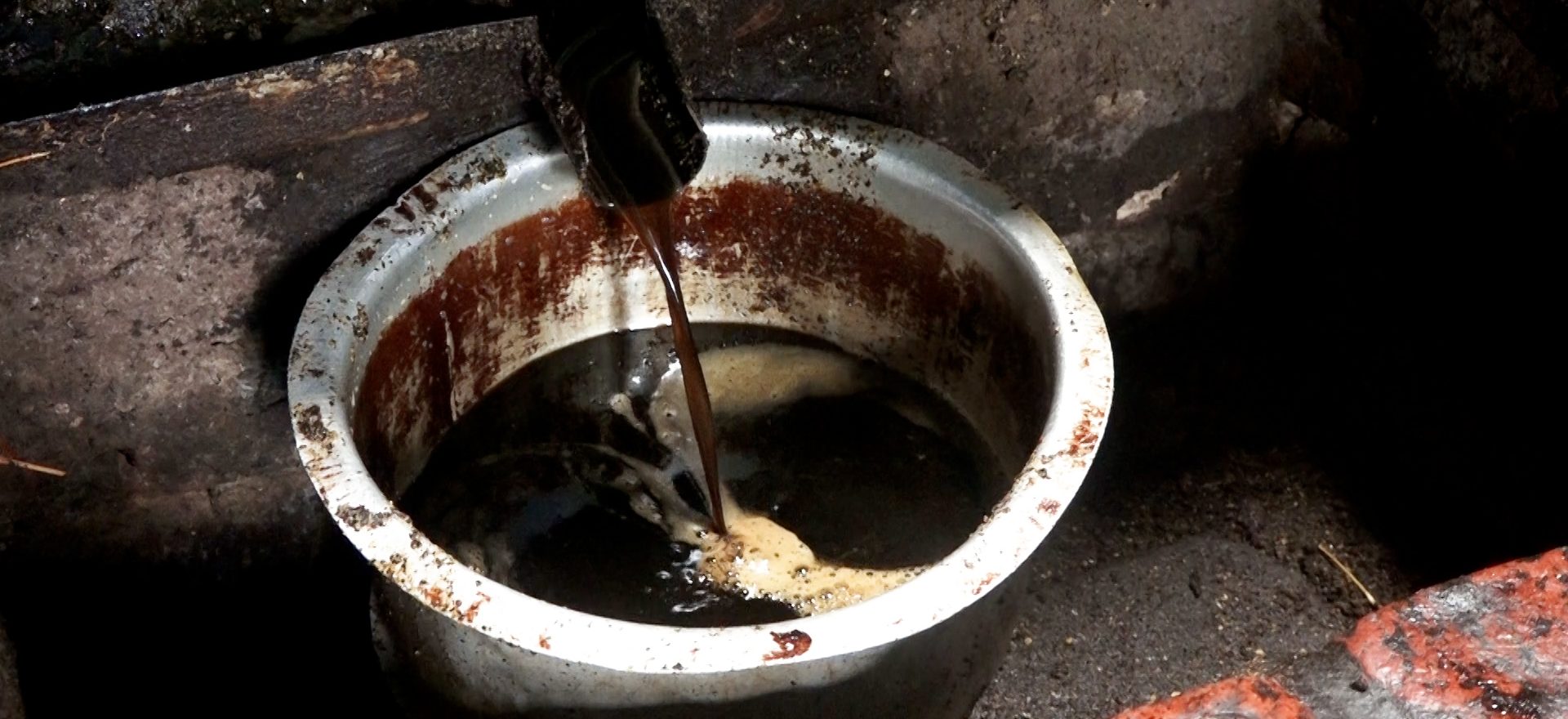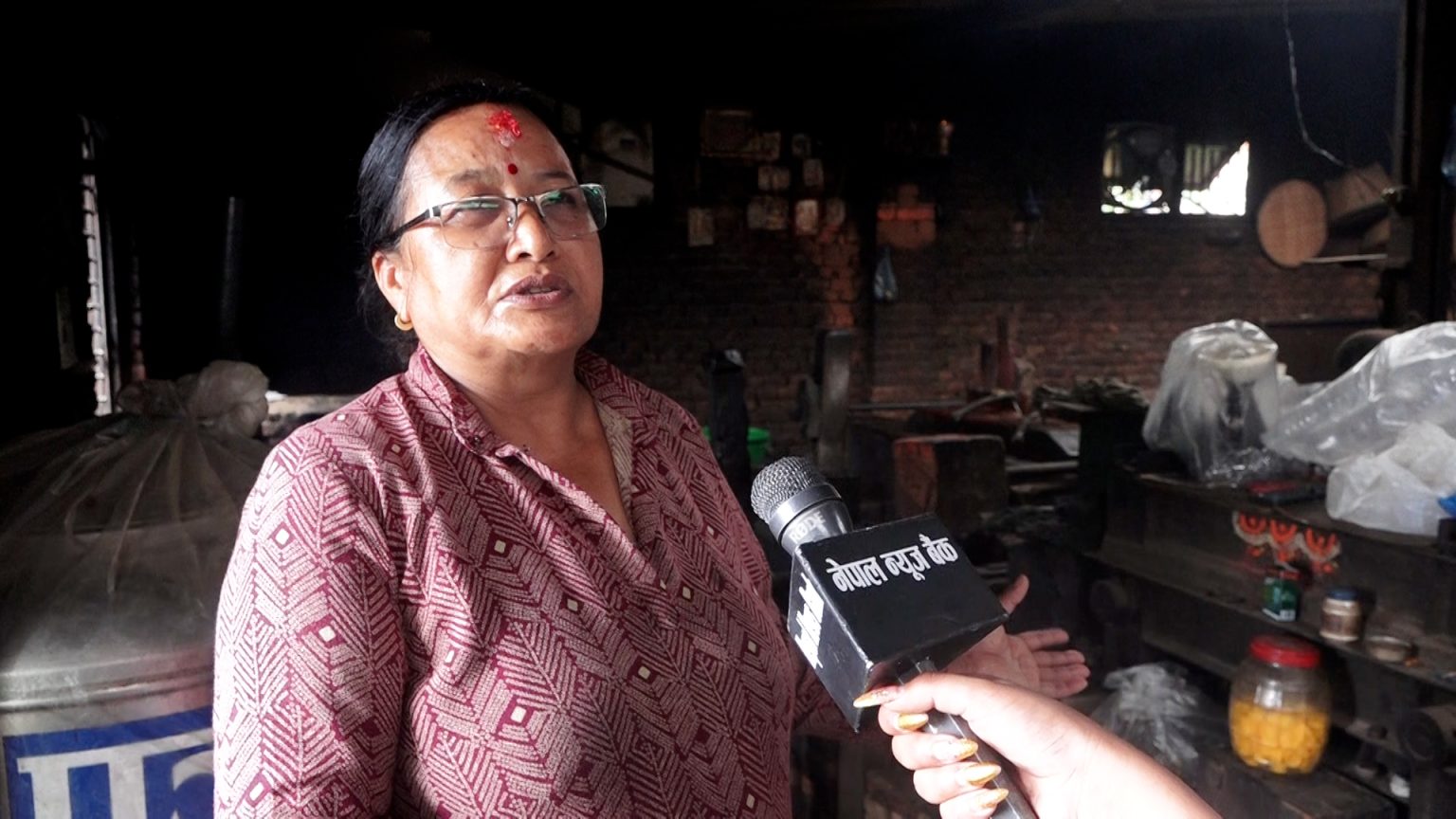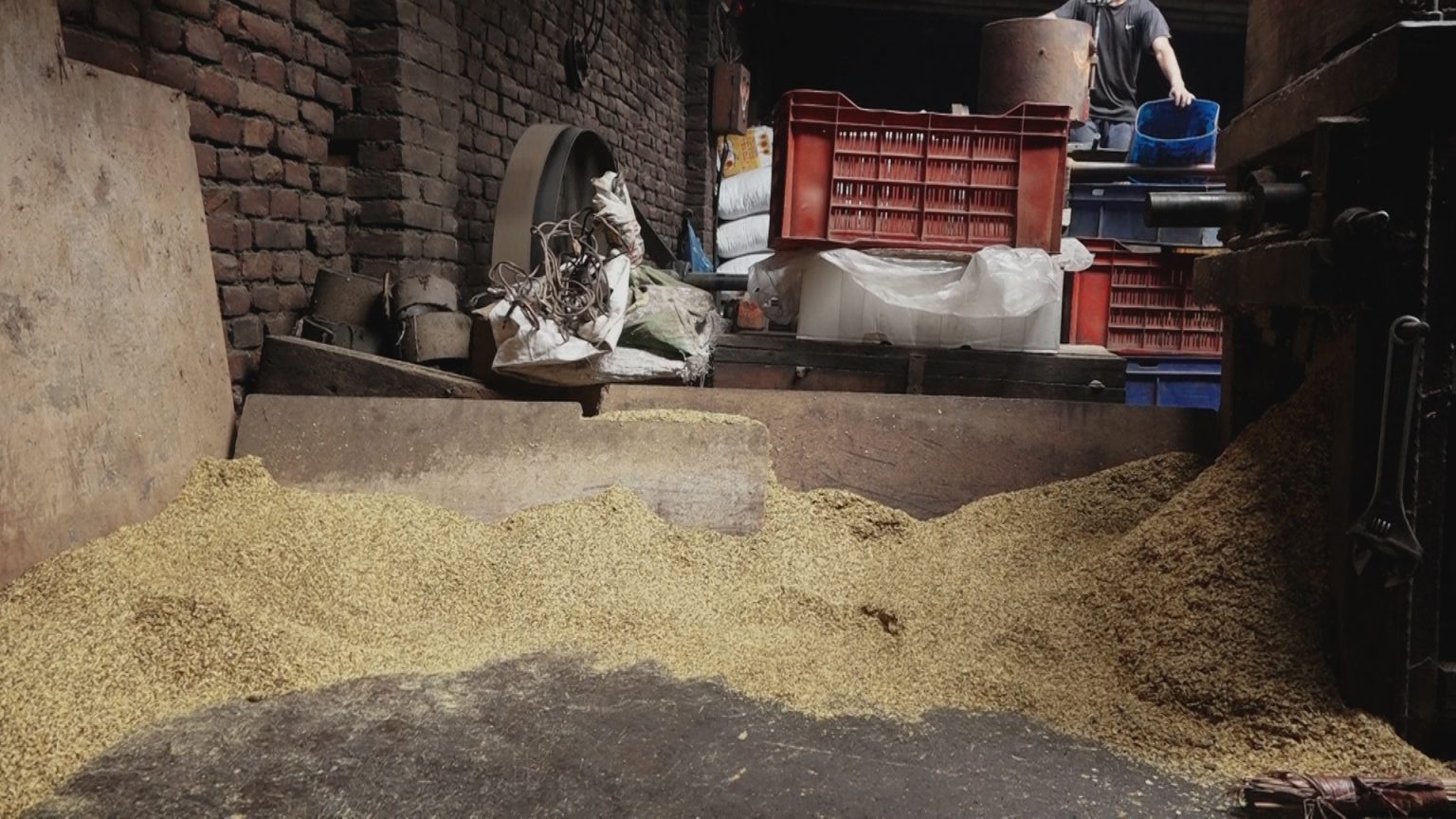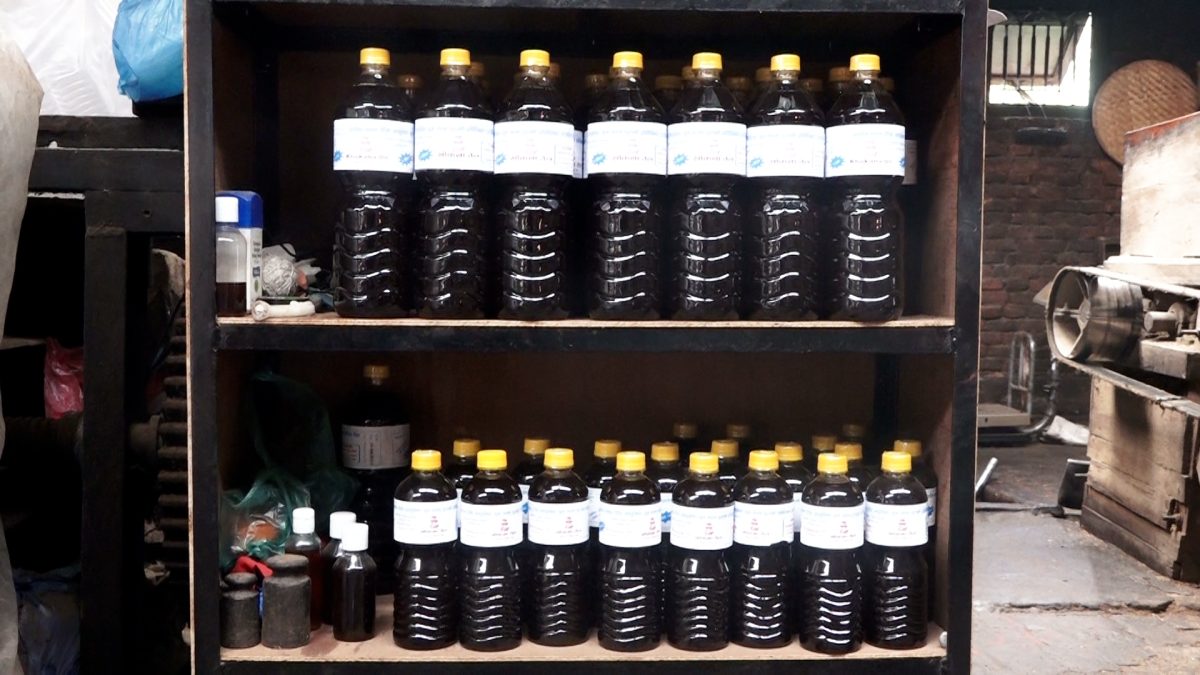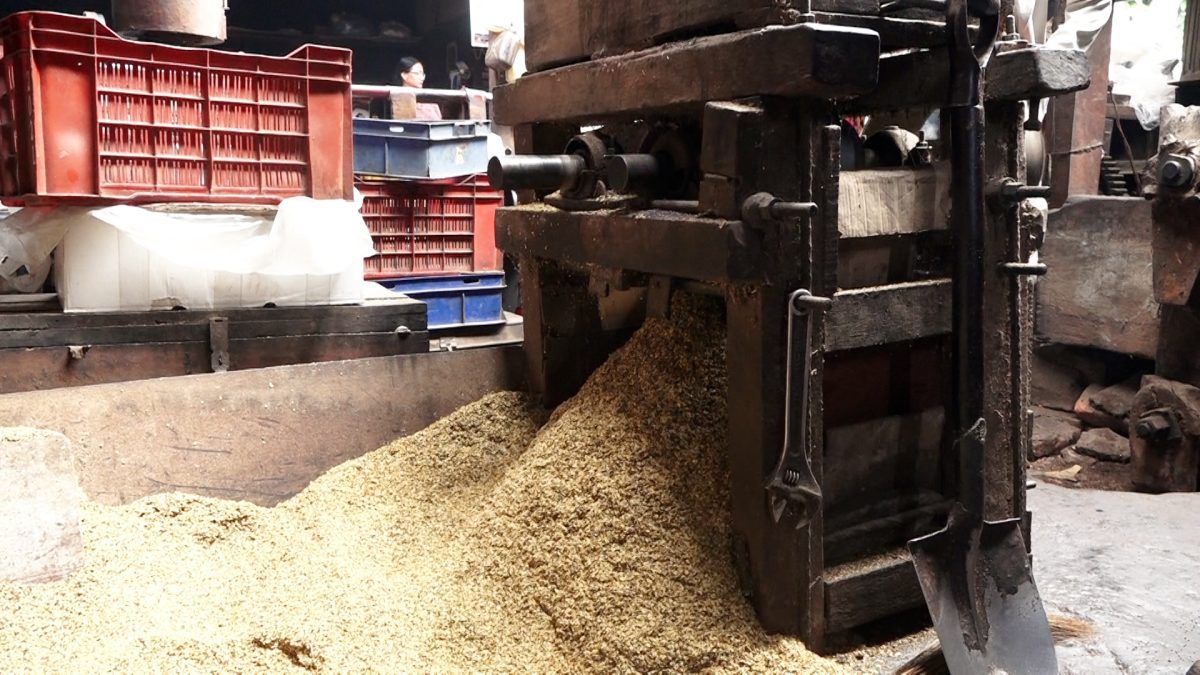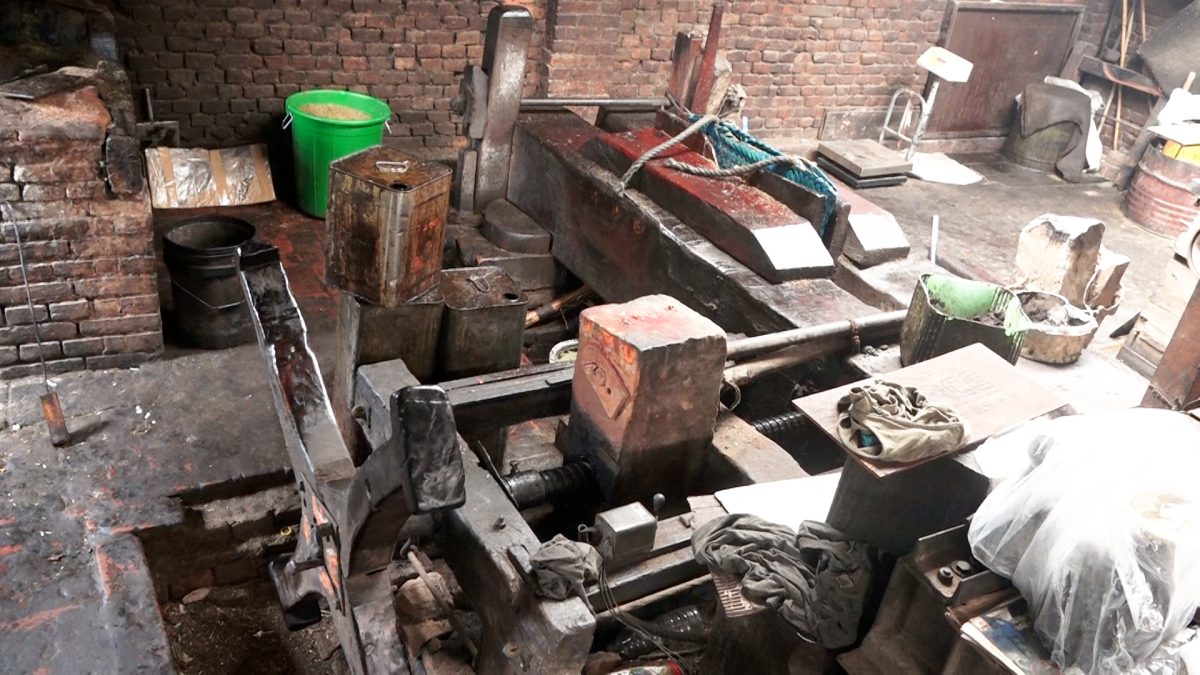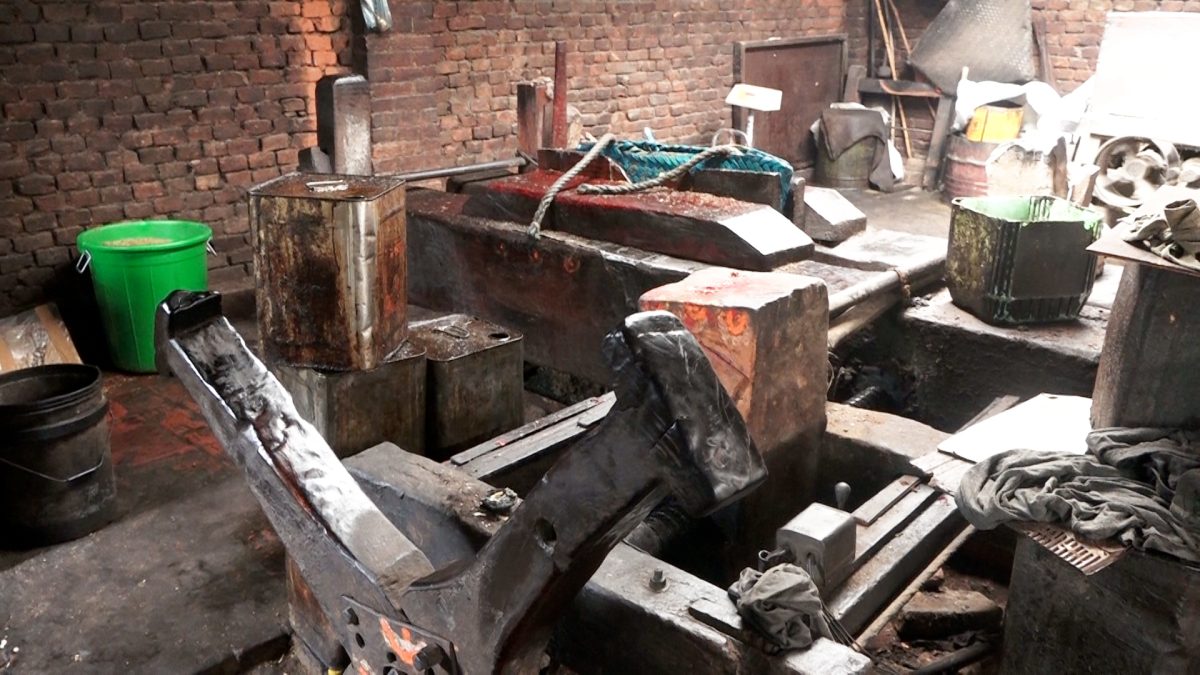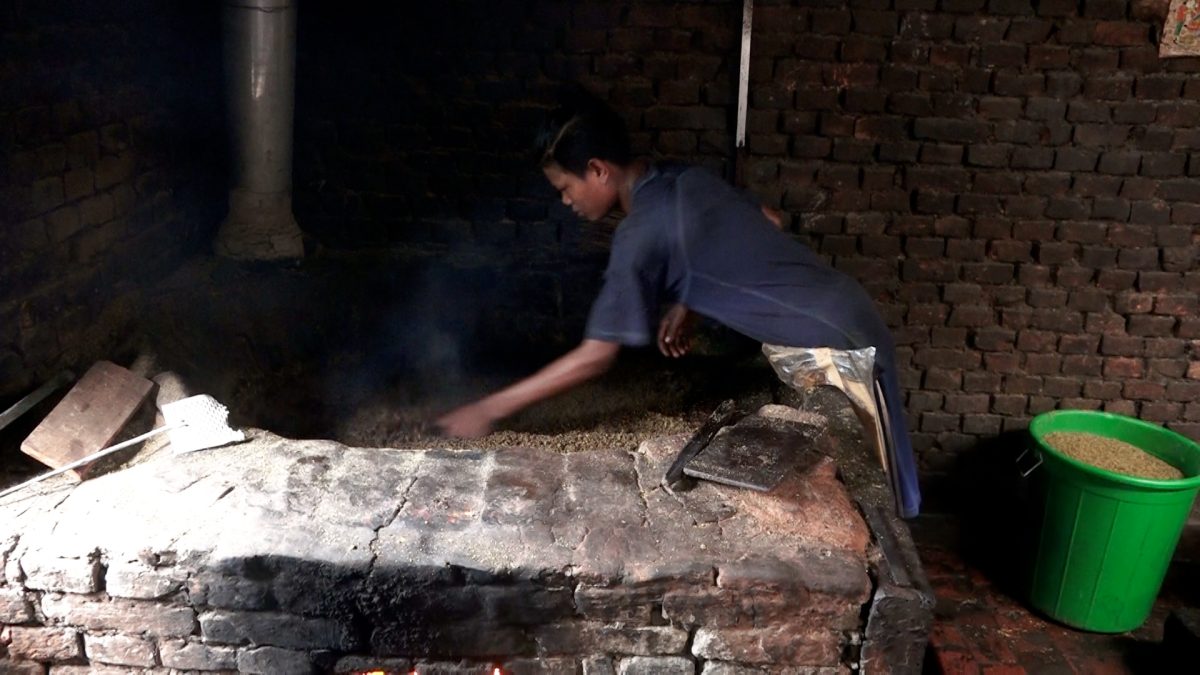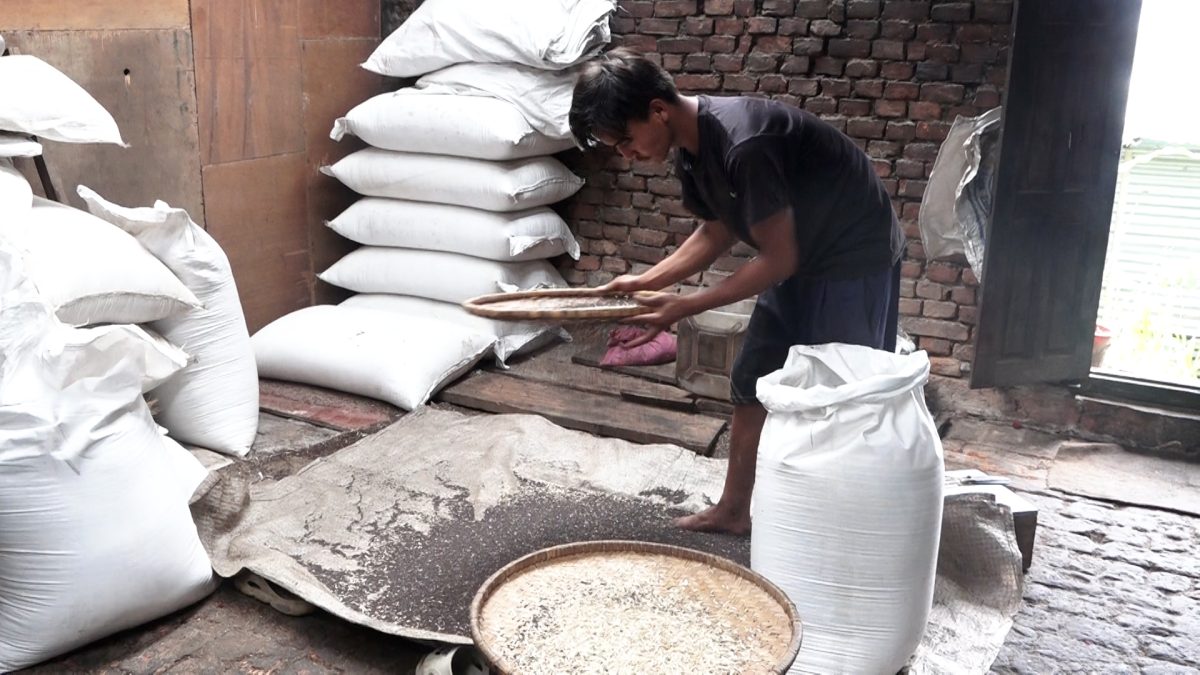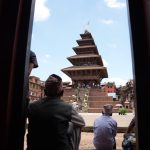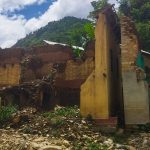Traditional way of extracting oil in Khokana (Photos)
Mina Dangol of Khokana has dedicated her daily life to producing pure mustard oil through a traditional mustard mill (known locally as a kol).
Trending
-
1
‘Hatya’: Crime and psychological thriller (Photo Feature)
-
2
Rejuvenating Pumdikot (Photo Feature)
-
3
Lions Clubs distribute educational materials and uniforms to students in Sindhupalchok (Photo Feature)
-
4
‘Sickroom’-Undeclared love story between childhood friends (Photo Feature)
-
5
KMC’s muddy roads (Photos)
-
6
MP Dhakal greets Pope Leo XIV
-
7
Anju Shrestha releases new ghazal “Yo Maya Ni Kasto”
News Update
-
323 Years of Nyatapola: Bhaktapur’s Historic Temple Celebration (Photos)
-
Still Awaiting Reconstruction: Structures washed away by flood in Panauti (Photos)
-
57 Nepali, turned hostages in India, return home
-
Kathmandu-Hetauda road in disarray amid ongoing construction (Photos)
-
Special Court demands Rs. 3.5 million as bail amount from former PM Madhav Kumar Nepal
-
Joint demonstration of disaster management equipment at Bagdurbar (Photos)
-
Aerial shots of Bhaktapur Durbar Square (Photos)


